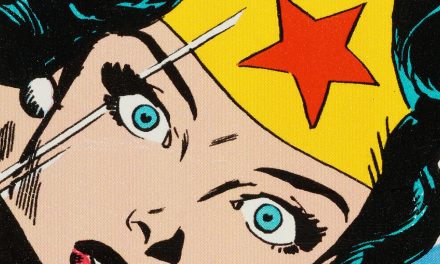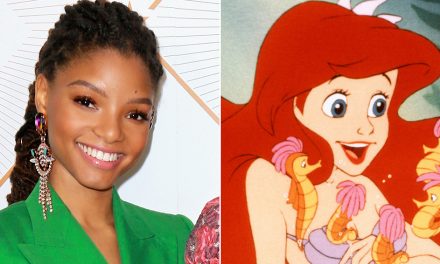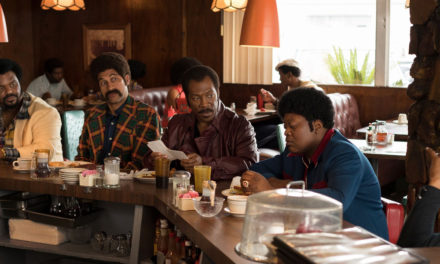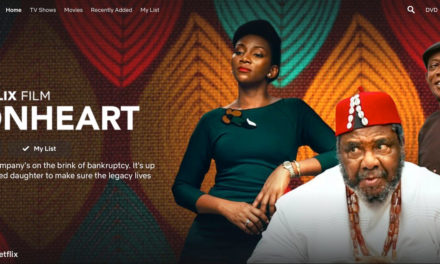Recently, outrage quickly spread across social media after Sony Pictures CEO, Tony Vinciquerra, briefly commented that there were some ‘very famous people’ interested in remaking the 1987 classic The Princess Bride. In a matter of moments, people flooded the internet to express their rage and ’disgust’, as some frankly said. Is nothing sacred anymore?
The answer to that is no – not if it makes enough money. An article published on the Den of Geek in November last year listed over 100 films set to be remade, and that was ten months ago. It seems like the world of reboots, remakes and revamps have quickly become the norm in Hollywood. There once was a time when the announcement of a remake used to be exciting, unexpected and interesting. When J.J. Abrams announced his 2009 adaption of Star Trek, it birthed a new generation of fans, and that’s what reboots should strive to do: bridge the gap between the old and the new.
That’s not to say that there is a limit of high-quality remakes. The 2015 Mad Max: Fury Road was a huge success, although that might be because original creator George Miller was heavily involved in writing, producing and directing the film. The 2011 reboot of the Planet of the Apes franchise also enjoyed international acclaim, credited to the enhanced hyper-realistic technology that was absent in the 60s and 70s. There’s a long list of films that have even surpassed the original in terms of popularity and cultural impact – it is achievable, but only with the right intentions.
Let’s get this straight: reboots aren’t a new phenomenon. They’ve been around for as long as the Hollywood industry itself. Merely four years after the 1914 The Squaw Man, the director remade the film with the same name. The original 1937 A Star is Born saw two remakes in 1954 and 1976 before it was brought back in 2018. Many may not know that the Al Pacino’s iconic Scarface (1983) was a remake of the 1932 original, produced by Howard Hughes. Hollywood does not need to reinvent the wheel because there’s always more profit to be made with stories that are already renowned and loved.
A Longing For The Past
So why is nostalgia such a hell of a drug? Despite the critics, the numbers prove that in most cases cinemagoers will go and see a reboot, even if it is just to see if it measures up to the original. But other than that, let’s face it, nostalgia offers a whole new level of escapism that we simply cannot get enough of. We all want to go back to our childhood, especially now when the world seems to be even more unpredictable and unsafe. It’s the reason why Disney’s live action The Lion King hit US$1bn in the box office within the first three weeks alone.
And Hollywood knows our weaknesses. They know that despite what our reaction is, we’ll still go and see the remake just to satisfy our curiosity. With so much new content hitting our screens – and at a much faster rate – its easier to count on nostalgia than it is to risk creating something original. Disney is leading the charge when it comes to unnecessary remakes. With the live action Dumbo, Aladdin and The Lion King contributing to Disney’s extensive portfolio this year, we can see what the next few years will look like… Bleak.
The problem isn’t remakes. The problem is remakes without any purpose to serve other than to profit on our nostalgia. The Lion King may have made a lot of money, but the film was a complete copy of the original without anything new to offer, other than creepy life-like lions singing hakuna matata. However, recently Disney announced that it would be remaking the 1989 The Little Mermaid with a Black actress playing the titular role of Ariel, much to the surprising distaste of many. This adaption however adds something new to a story that we all enjoy and love – and that’s what makes it exciting. The same goes for the upcoming Mulan release which will differ from the 1998 animation as it will have no music nor a wisecracking dragon, instead completely relying on the Chinese legend of Hua Mulan.
While Hollywood churns out the same films every year, the novelty is quickly wearing off for avid movie watchers. With a new Spiderman or Batman every few years, people are in desperate need for original stories and different perspectives. And that goes beyond the script itself. We need diversity in our directors and production. We need new stories and new ways to tell them. Yes, there’s risk, but it’s worth it.
- This Artist is Making the Underwater Arena His Canvas - 28th April 2021
- A Video Game that Promotes Peace and Conflict Resolution - 15th March 2021
- Netflix’s ‘Living Undocumented’ is a Difficult Series to Watch, and Exactly Why We Should - 9th March 2021






